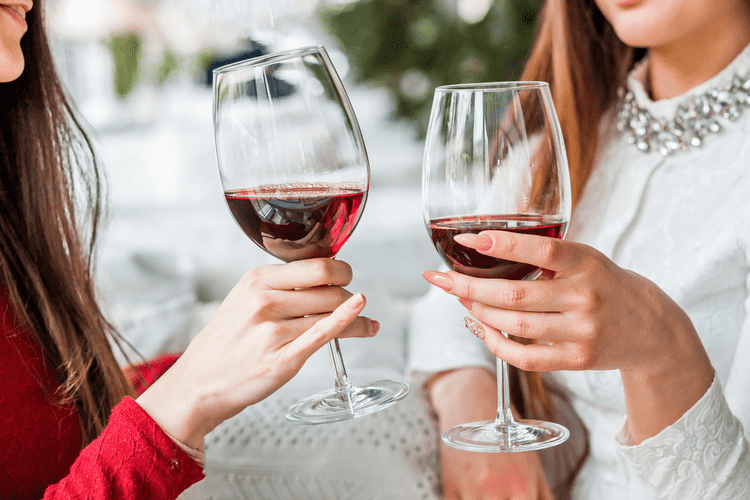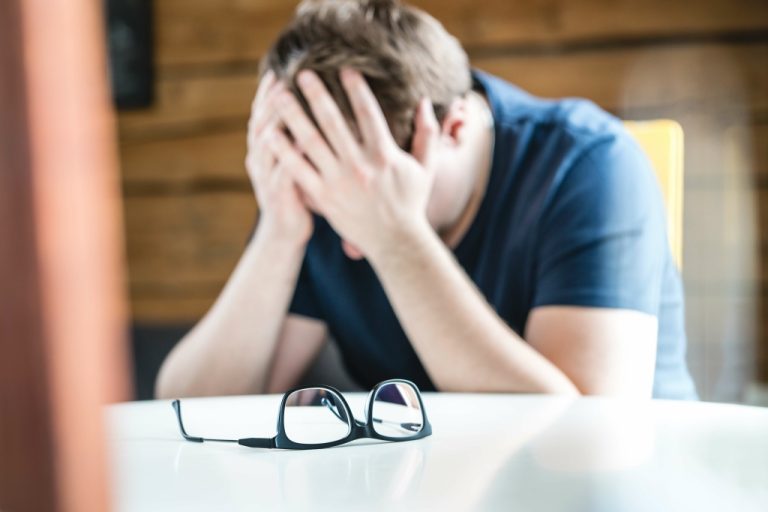A neuromarker called the NCS (neural craving signature) has been identified. Based on brain activity patterns seen in fMRI (functional magnetic resonance imaging) images, it can predict the intensity of drug cravings. Alcohol causes changes in your brain that make it hard to quit. Trying to tough it out on your own can be like trying to cure appendicitis with cheerful thoughts.

How to Celebrate Milestones in Recovery Without Substances
As alcohol becomes less enjoyable to you, alcohol cravings can also diminish. Internal triggers involve thoughts, emotions, and memories. External triggers https://apostasfc.com/sober-living/alcohol-balancing-risks-and-benefits/ include things like people, situations, or places. For example, being at a party, arguing with a loved one, ending a long workday, or visiting a bar. When you drink regularly or become addicted to alcohol, you train your body and mind to want to drink. Physiologically, your brain’s reward system gets used to alcohol.

The Impact of Alcohol Cravings on Mental and Physical Health
- Long-term strategies for managing alcohol cravings include addressing the underlying causes for your alcohol cravings, understanding your triggers and creating sustainable habits.
- We end up craving beer (or anything else our friends are drinking).
The pleasant euphoria you experience when drinking becomes a reward, one that reinforces your desire to drink in certain situations. You might eventually start craving that reward in new situations. These changes can lead to tolerance, or a need to drink more in order to feel the same effects. They can also leave you more sensitive to alcohol’s effects and raise your risk of withdrawal symptoms. Cravings are normal for anyone who is going through detox or trying to maintain recovery from alcohol use disorder (AUD). Understanding them is the first step toward breaking free from their hold.

Private outpatient treatment
It’s really just a range of thoughts, physical sensations, feelings, and emotions that tempt you to drink. Once you know your triggers, you can develop a way to manage them. Coping with cravings is a critical aspect of recovery from addiction. Alcohol use disorder is what doctors call it when you can’t control how much you drink and have trouble with your emotions when you’re not drinking. Some people may think the only way to deal with it is with willpower, as if it’s a problem they have to work through all on their own. There may be very little you can do to help someone with AUD until they are ready to get help, but you can stop letting someone’s drinking problem dominate your thoughts and your life.
- You doctor also can refer you to a treatment center or experts who can help.
- Looking for the secret on how to overcome urges and resist addiction?
- After that, send these positive feelings to someone neutral or someone you don’t know very well.
- If you’re recovering from an alcohol addiction, you’re bound to see people drinking at times.
- This evolves into moments of “sharper jolt” – perhaps an embarrassing incident, a health scare, or a concerned remark from a loved one.
If you are having a very difficult time with urges, or do not make progress with the strategies presented, then consult a doctor or therapist for support. In addition, some new, non-habit forming medications can reduce the desire to drink or lessen the rewarding effect of drinking so it is easier to drinking again after sobriety stop. Unchecked cravings can lead to unhealthy habits like substance abuse. They play a significant role in drug addiction and relapse.
Understanding what drives alcohol cravings is vital for developing effective strategies to manage them. Knowing what’s causing your desire Sober living house to drink can help you confront and overcome the urge. Alcohol cravings can come from many sources, both negative and positive.
If your loved one has become addicted to alcohol, however, their brain chemistry may have changed to the point that they are completely surprised by some of the choices they make. You may think, “If they really love me, they wouldn’t lie to me.” Cravings are common in the early stages of recovery, when you haven’t had a drink for a certain length of time, and you may experience them on and off for a number of years.
